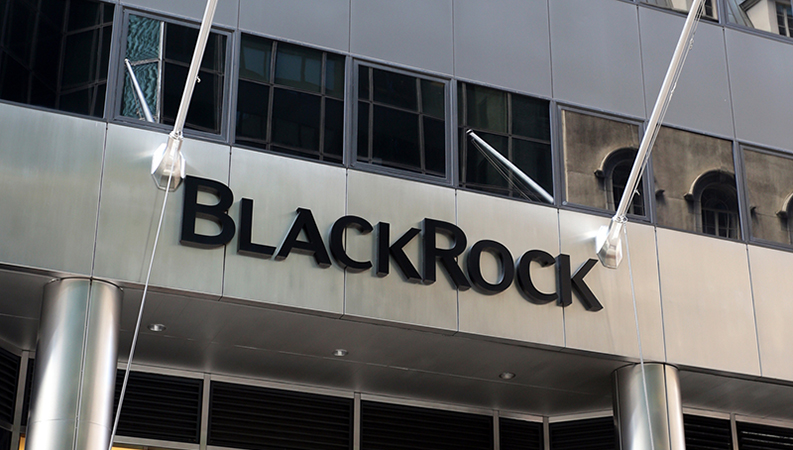Blackrock has dismissed criticism of its voting track record on ESG issues stating they do not make up a “statistically significant number of motions” and stated it prefers directly engaging with companies that are trying to clean up their acts.
Blackrock’s track record on holding oil majors and energy companies account was thrown into question when a Majority Action analysis revealed it was more likely to vote with management at fossil fuel intensive firms than against it.
The US fund group supported just five out of 41 resolutions identified as climate critical in the report, 16 of which would have passed if Blackrock and fellow American fund giant Vanguard had voted for them.
‘Not a statistically significant number of motions’
Closing out a press event at its City headquarters Blackrock head of EMEA Rachel Lord said very few shareholder motions are on ESG issues.
“There were only 30 shareholder motions last year on environmental issues,” she said. “It’s not exactly a statistically significant number of motions.”
Blackrock’s preferred style is to engage with companies one-on-one, Lord said.
“If we do believe on a motion that’s being tabled, we will vote for it or against it, depending on what we believe, but our strategy is around engagement with companies directly.”
Last year she had the company had over 2,000 engagements with over 1,500 companies around the world, which make up over 50% of the firm’s $6.84trn in assets under management. Over 300 of the companies it reached out to were specifically around environmental issues. “So, we do a lot here,” Lord said.
Blackrock goes green at the corporate level
The firm has been trying to incorporate more sustainable practices in the day-to-day running of the business, said Lord.
It has switched to glass bottles to stamp out single-use plastic in the building though Lord admitted the name tags handed out to guests at the media event were laminate.
“Employees don’t want to work for companies that are old fashioned and that aren’t in keeping with their values and their morals and their ethics,” said Lord.
“Equally our shareholders, as we are expecting other companies to operate sustainably, we’re trying to do it ourselves because we feel like our shareholders believe in this. If we believe that we’re trying to serve our communities, we have to live at the front of this and operate our business this way.”
ESG will be the norm in a decade
Lord stressed that sustainable, ESG and impact investing are the future of the asset management industry.
“10 years from now we won’t be talking about ESG investing, we’ll just be talking about investing because the idea that it’s not a good idea to take climate risk and other factors into account that might have a bearing on your portfolio will be seen as quite idiotic,” said Lord.
“It’ll be like me talking to my children about what was it like to be a woman in the City 30 years ago. I think 10 to 15 years from now people will be saying, ‘Come on, Rachel. Tell us what it was like in the old days when you used to invest in bad industries’.”







